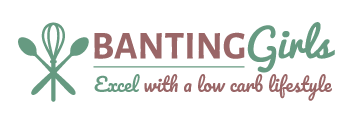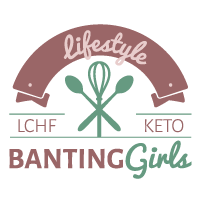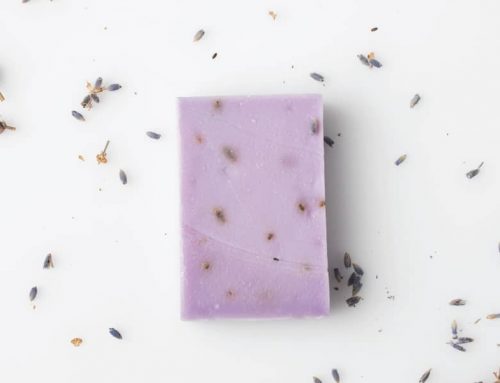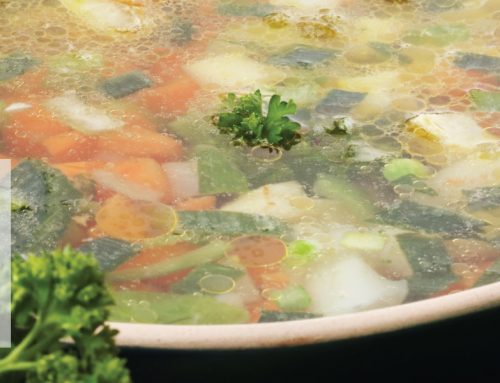Following on with our theme of making or re-establishing good LCHF habits in 2017 we are going to concentrate on oils during this month to ensure that you use good quality oils and fats that are beneficial to your body and your low carb lifestyle.
Oils, oils and more oils! There are just so many cooking oils to choose from and sometimes this can be very confusing deciding which are healthy and which are not. Supermarkets are overloaded with different types of oil and not all oils are equal. Some you can only use to drizzle over salad and some you can use to roast with. Different oils have different qualities and best suited for different uses. Some oils are best for cooking and frying and some oils are best used in salad dressings.
Al Overton said:
“More and more, we are realising that the food scientists who scared us away from cooking with certain fats got it wrong”.
For too long we have been indoctrinated to avoid fat and oil that is high in saturated fat, however science and research shows that we have been misled and that this is in fact good for you and does not lead to heart diseases. It is far better to use fat and oil that is high in omega 3 than omega 6 and 9, as science shows.
Oils consist of:
- Polyunsaturated fats found in food such as nuts, seeds, fish and leafy greens, with a variety of health benefits
- Monounsaturated fats found in avocados, olives, olive oil, almonds and hazelnuts, lard and goose fat. Olive oil has shown to significantly reduce the risk of heart disease
- Saturated fats derived from animals
Now let’s have a look at the different oils on the market today.
Good fats and oils to use
Extra-Virgin Olive Oil
It’s high in heart-healthy monounsaturated fats. It is best for sautéing and drizzling. It is not recommended for frying or roasting as it has a low smoking point between 325°F to 375°F or 162°C to 190°C . According to sources it is the only cooking oil made without the use of chemicals and industrial refining. It retains the true olive taste and retains more of the natural vitamins and minerals found in olives.
Coconut Oil
Coconut oil is high in saturated fat about 12 grams per 1 tbsp., and this is why it is so good for a low carb healthy fat lifestyle as fats high in saturated fat will actually give you more energy and keep you full for much longer. Coconut oil is the only oil that has Lauric acid which can improve cholesterol and help kill bacteria and other pathogens. It can increase feelings of fullness compared to other fats. However it is not recommended for frying but great for baking. Coconut oil has a relatively low smoking point of 355°F or 176°C. There are many top chefs like Pete Evans that says that 1 tablespoon of coconut oil is a must every day. A word of caution when purchasing coconut oil, make sure it is raw virgin coconut oil and not hydrogenated or treated with hexane.
Avocado Oil
Many people regard avocado oil as the new kid on the block. This is definitely a must for the store cupboard. It has approximately 1.6g saturated fat per tablespoon. It is however, packed with monounsaturated fats which is great for your heart, it has a high smoke point of 375°F to 400°F or 190°C to 204°C which makes it ideal for frying. It can be expensive therefore not recommended for budget cooking. We do love to use this when making our own Banting mayonnaise!
Walnut Oil
It’s a healthy oil with good omega 3’s and has a smoking point between 160° to 200°F or 71°C to 93°C.
Sesame Oil
Sesame oil can add a lot to your dish, you don’t have to use a lot of it. Like extra-virgin olive oil its cold-pressed which makes is a healthy oil to use. Be careful though as it does not have a high smoking point 350 to 410For 176°C to 210°C. It is good for sautéing at a low temperature.
Flaxseed Oil
Flaxseed oil is an excellent oil to use as it is high in healthy omega-3, however the downside is that you cannot cook with it as it is incredibly sensitive to heat and oxidizes very quickly. Store this in a dark cool place and only purchase small quantities at a time. Best is to use in salad dressings and to drizzle over dips like hummus.
Lard/Tallow/Bacon Drippings
All derived from the fat from pigs and is best used for baking or frying although not good to use for very high temperatures.
Butter
Contrary what we have been told for far too many years, grass fed butter is good for you. Our bodies need dietary cholesterol to function properly. Make sure that you purchase good quality grass fed butter like Kerrygold when purchasing. Butter is rich in vitamins A, E and K2 and also fatty acids conjugated linoleic acid (CLA) and butyrate which both have powerful health benefits. Butter has a smoking point of 325°F to 375°F or 162°C to 190°C.
Ghee
Ghee is clarified butter which means that all the impurities have been taken out. Ghee is great for high-temperature frying and roasting. Ghee is rich in fat soluble vitamins A, D and K2 and also rich in CLA (conjugated linoleic acid). Use ghee for stir fries, scrambled eggs, sautéed vegetables. It has a smoking point of 425°F to 480°F or 218°C to 248°C.
Goose/duck fat
Fat drained from a cooked duck or goose and is great for frying and roasting.
We recommend watching this video. It is quite long (1h), but has loads of information on healthy fats and oils and how fats affect our bodies. Well worth the watch (or listen).
Unhealthy fats and oils to be avoided
Pure Olive Oil
If you love frying things in olive oil you will want to use pure olive oil instead of Extra-virgin Olive Oil. Pure olive oil has a smoking point of 465°F or 240°C which is fine for frying but not recommended to use for salad dressings. Pure olive oil is lower quality oil than extra virgin olive oil and is made of a blend of virgin olive oil and refined olive oil which means that heat and or chemicals are used in the process of extracting oil from the fruit. Please note if it is not cold pressed it has been chemically processed and therefore not a good oil to use. It also does not have the same heart-healthy fats as high-quality extra-virgin olive oil has.
Vegetable Oil/Sunflower Oil
It’s chemically processed oil that gives it a high smoking point of 400°F to 450°F or 204°C to 232°C extracted from seeds like soybean, corn, sunflower and safflower. It is not regarded as healthy oil since the chemical processing depletes the natural mineral content, therefore we do not advocate the use of vegetable oil at all.
Safflower Oil
Safflower oil is high in omega-9 and for this reason it is not recommended in a low carb healthy fat lifestyle. It has a high smoking point of 510°F or 265°C. It is not recommended for salad dressings as the same applies to normal vegetable oil, when extracting the oil, the properties change.
Peanut Oil
Although this is more flavourful oil, like vegetable oil, peanut oil has also been chemically processed which also gives it a high smoking point of 450°F or 232°C.
Canola oil
Canola oil is often associated with fried food because of its high smoke point of 400°F or 204°C and has a neutral flavour which makes it ideal to use. Because of the high smoking point it has been chemically processed and therefore not a healthy oil to use on a low carb lifestyle.
Rapeseed oil
Rapeseed oil is extracted from rapeseed. This is also an oil that uses a chemical process to extract the oil from the seed, however it seems that some people think that cold-pressed rapeseed oil is fine to use especially as it has a high smoking point which makes it ideal for frying but not for drizzling.
Corn oil
Corn oil is made from the corn germ, the innermost part of the grain and has a high smoking point of 450°F or 232°C. Corn oil is very high in omega 6 which is not very good and most corn in our society today is genetically modified.
Points to remember:
- Choose cold pressed where possible
- Pay attention to smoking point
- When cooking at high heat, make sure you use oils that are stable and don’t oxidise
- Avoid seed oils as they are chemically extracted
- Make sure that your fats and oils don’t go rancid
- Don’t buy large quantities at a time
- Main drivers behind oxidative damage of cooking oils are heat, oxygen and light
- Keep oils in a cool, dry, dark place
- Use more omega 3 oils
- Butter, lard and shortening are high in saturated fats, walnut oil is high in polyunsaturated fats and olive oil is high in monounsaturated fat
At the end of this we hope that you are not more confused as what you might have been at the beginning. But remember that even good fats are still fats and should not be consumed in excessive high quantities just because it is healthy.
Lastly, remember LCHF is not a diet, it is a lifestyle change.
Excel with a Low Carb Lifestyle. Until next time!
Eunice & Gina
BantingGirls





